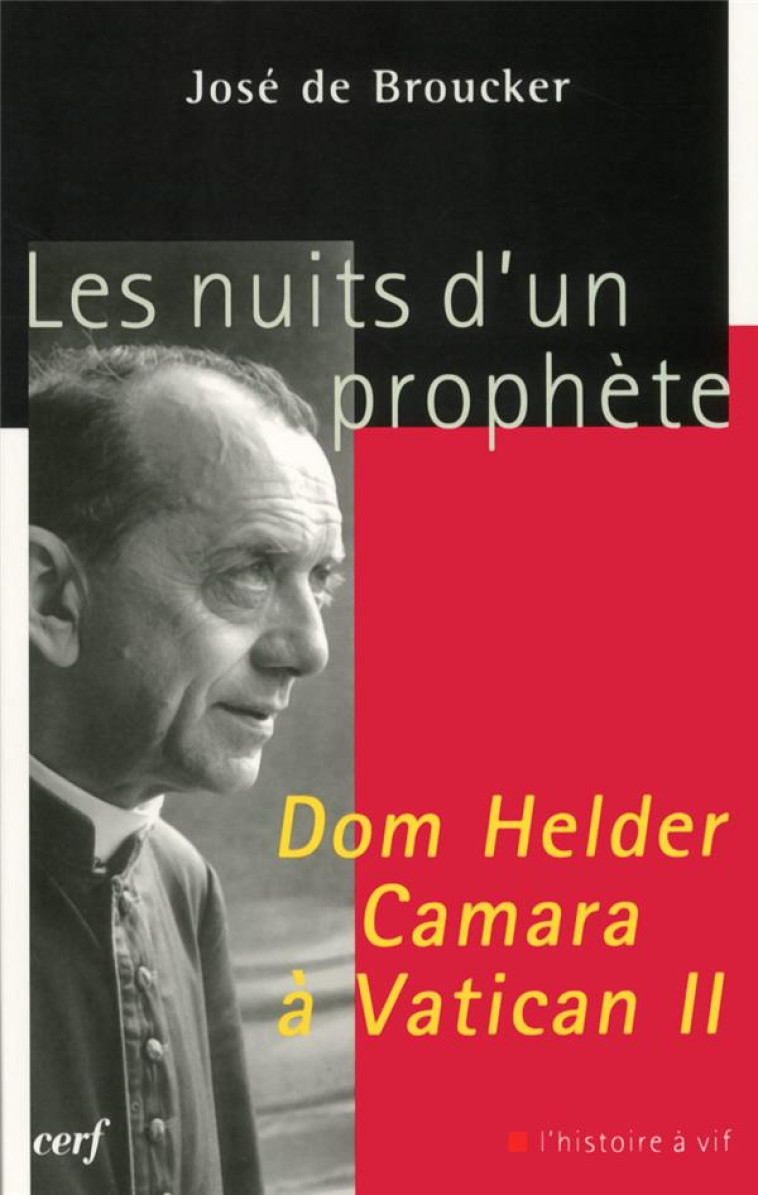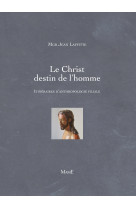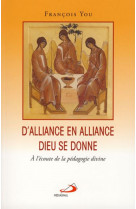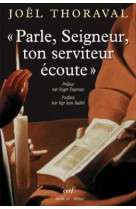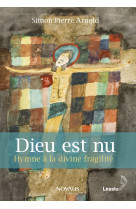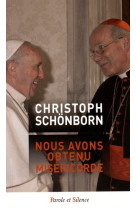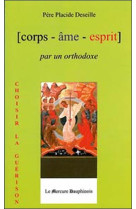Les nuits d'un prophete dom helder camara a vatican ii
José de broucker
Quand un homme hors du commun rencontre un événement exceptionnel, l'histoire qu'ils écrivent ensemble vaut la peine d'être contée. C'est ce qu'a fait, nuit après nuit, Dom Helder Camara tout au long du concile Vatican II : 290 lettres où se mêlent reportages, anecdotes, portraits, dialogues, états des lieux et des questions, méditations, états d'âme. Quatre ans durant lesquels le petit archevêque de Recife, qui était pas encore la mondialement célèbre « voix des sans voix » n'a cessé de « conscientiser » et « articuler », dans les coulisses, les acteurs du Concile, théologiens et évêques, jusqu' au pape, sur un programme clair : une Église autrement, servante et pauvre pour un monde autrement, plus juste, plus humain, plus fraternel. « Pactes », « complots », angoisses, actions de grâce : ce témoignage d'un mystique actif, animateur discret de la majorité conciliaire, est riche de rebondissements. Jusqu'au rêve d'un Vatican III. L'édition française intégrale de cette foisonnante correspondance comptera plus de mille pages. Elle offrira une ample matière à l'étude critique pour les historiens et pour les théologiens de toutes disciplines. Le parcours de lecture que propose ce livre commence par présenter à ceux qui ne les ont pas connus le personnage - Dom Helder - et l'événement - le Concile. Puis il rapporte ce que Dom Helder a confié, dans ses lettres, de sa vision, de son action et de sa foi. Un témoignage et un message d'espérance engagée qui, quarante ans après la clôture du Concile, n'ont pas fini d'être d'actualité.
--
When an extraordinary man encounters an exceptional event, the story they write together is well worth the telling. That's what Dom Helder Camara did, night after night, during the Vatican II council: 290 letters that contain reports, anecdotes, portraits, dialogues, summing up and questions, meditations and soul-searching. Four years during which the little Archbishop of Recife (who had not, at that time, become the internationally famous "voice of the voiceless") was constantly lobbying and increasing the awareness of those taking part in the Council: theologians and bishops - even the Pope - on a clear programme: a different kind of Church, poor and at the service of mankind, working for a different world, one with more justice, more humanity, more fraternity. "Pacts" and "plots", fears and acts of grace: this testimony from an active mystic who discreetly stimulated the majority of the Council is rich in unexpected events. Even the dream of Vatican III. The unabridged French edition of this abundant correspondence fills more than a thousand pages. It provides ample matter for critical study by historians and theologians of all disciplines. The book begins with a presentation of Dom Helder for those who do not know him, and the event, the Council. We then move on to what Dom Helder had to say in his letters, his vision, his action and his faith. A testimony and a message of militant hope that, forty years after the conclusion of the Council, is still in the news.

